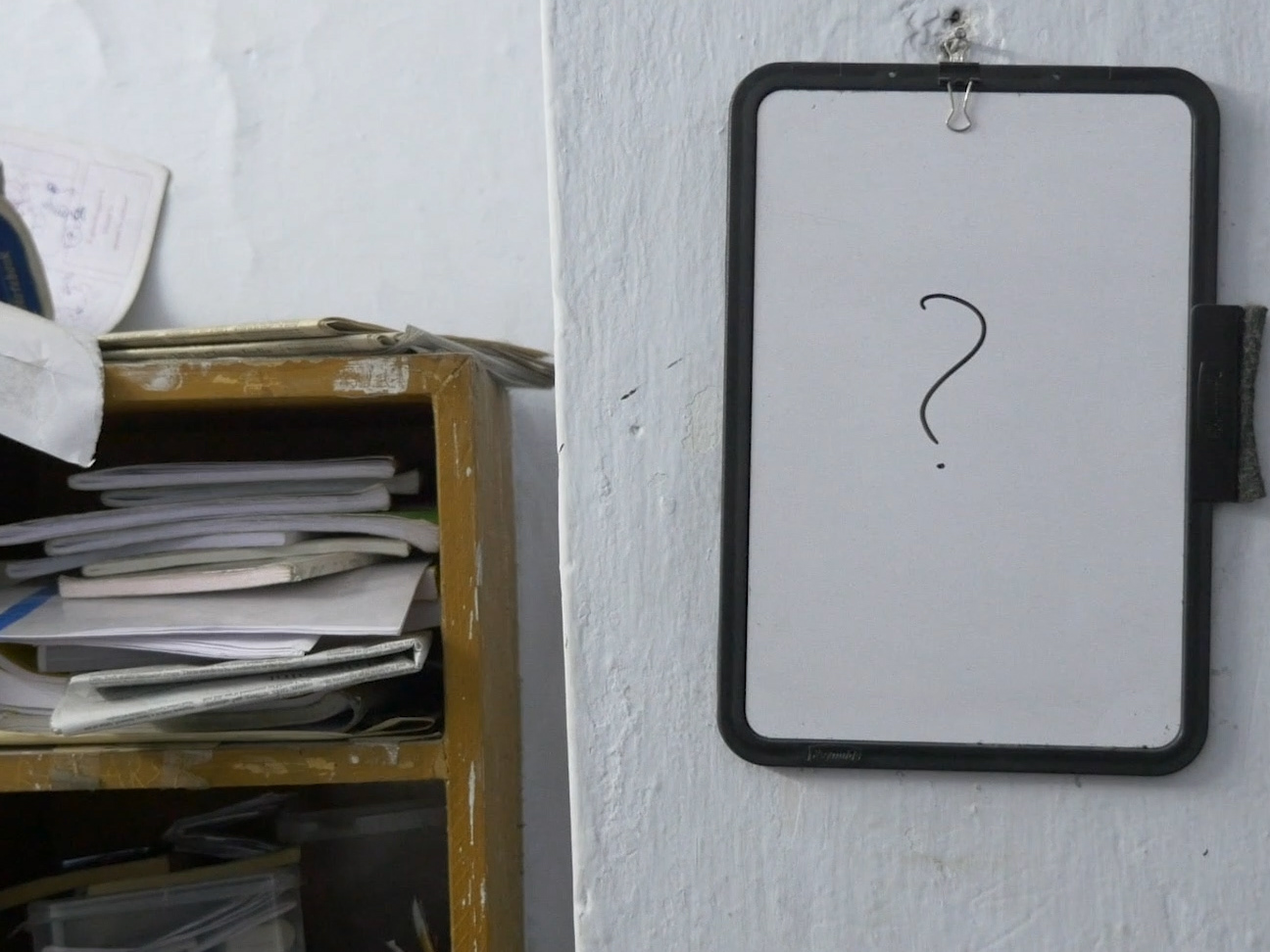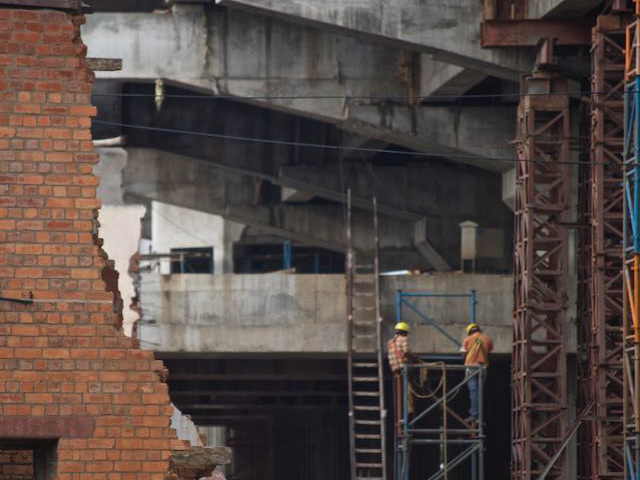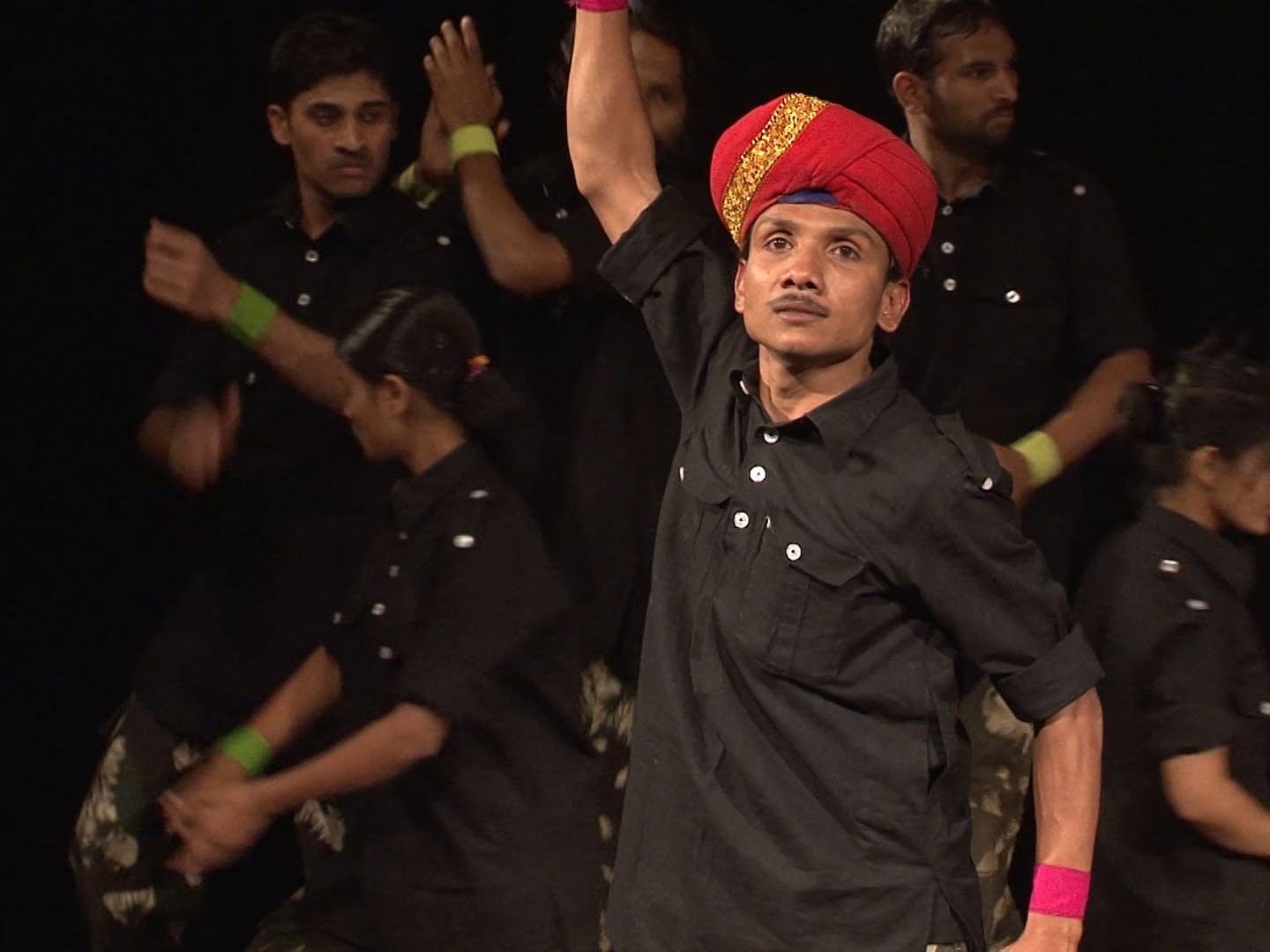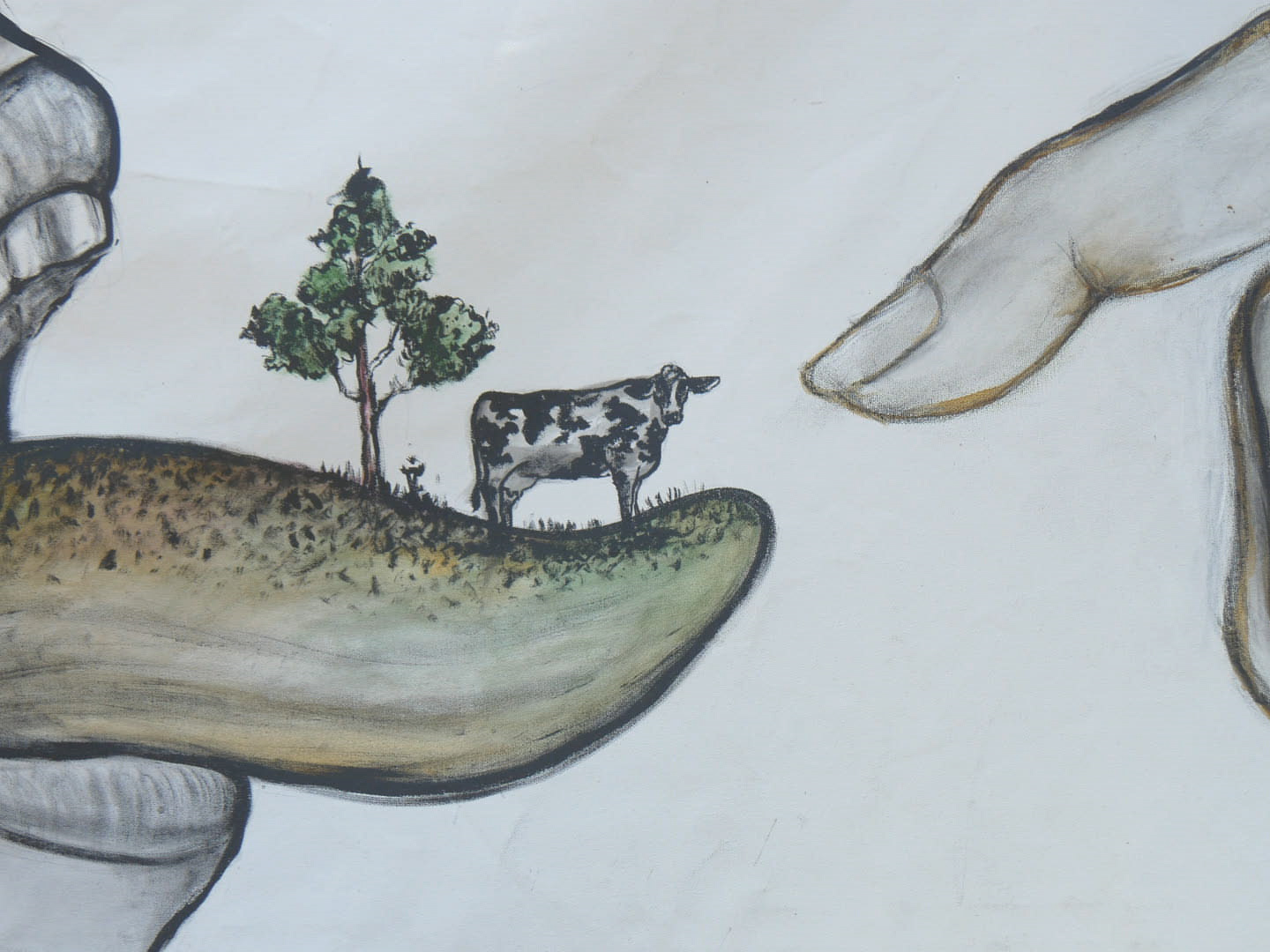Director & Co-Producer: Gautam Sonti
Producers: Rani Day Burra & Chitti Prabhala
SYNOPSIS
The film follows three stories over three years, as they intertwine in unexpected ways.
The family home of 77 years, a sea facing apartment on Marine Drive in Mumbai, is being dismantled as my aunt Chinna prepares to move and leave the city. Books, furniture, and cutlery are packed into cardboard boxes, along with lifetimes of memories. Home to five generations, was this the glue that held my aunt and her siblings together?
As a boy, Nirakar left his village in the state of Orissa, to search for work and a better future. Despite the long absences away from his parents and extended family, who remain and tend their small piece of land, his village will always be home - a place to which he will always return. He, his spouse and children prepare for yet another goodbye, as they leave for Mumbai where he is employed as a domestic worker.
Prashanth and his family return for the annual gathering at their ancestral village in the state of Maharashtra. As custodians of the local temple, they perform pujas (rituals) every year, along with their large extended family. The old haveli (mansion) has been home for several generations. Prashanth is a successful grain merchant settled in Mumbai. He and his family are hoping to move into a large apartment in an upmarket area.
Three years later, after moving from one rented home to another in Mumbai, Chinna finally settles in Bangalore, where her sisters live.
Camera in hand, I watch as grief turns to acceptance to new beginnings.
DIRECTOR'S STATEMENT
‘Movings’ started as a home movie, mostly for family viewing - as a record of the ancestral home. I realised that the story was not unique to one family and expanded its frame to three stories. The central character is the apartment, which holds the reins of all three stories. Do walls make a home or is it made by memories of lives lived within the walls? Are roots embedded in relationships or does a place have something to do with it? I try to evoke these human questions that are shared across borders and cultures.
Humans have moved and migrated since the beginning of time. In India today, migration is commonplace: large numbers of people move away from their hometowns and villages, either by choice or by forced circumstances like agrarian poverty. The human need for livelihood and a better future, often clash with the longing for roots and belonging. This is a source of heartache even in an age of hyper-mobility. Home is an imagined place of stability and rootedness. Its loss is not easily overcome. The longing for home remains, as do the sights, sounds and smells, deep in one’s memory.
These themes are played out differently in the three families and tell a larger story of change in the present Indian context. The old apartment on Marine Drive was part of a liberal, cosmopolitan life of an older Bombay, in newly independent India. The apartment is emptied of its older occupants and contents, as if to make way for a new generation of residents in a changed city. Bombay is now Mumbai, where the new elite seek upward mobility and lean towards religious and economic conservatism. All three protagonists and their stories are placed differently in this national scenario, as they negotiate change and their quest for home.
At first I watch the stories unfold with a sense of detachment. As I immerse myself in the lives of the protagonists, I begin to examine my own ‘detached’ position.




